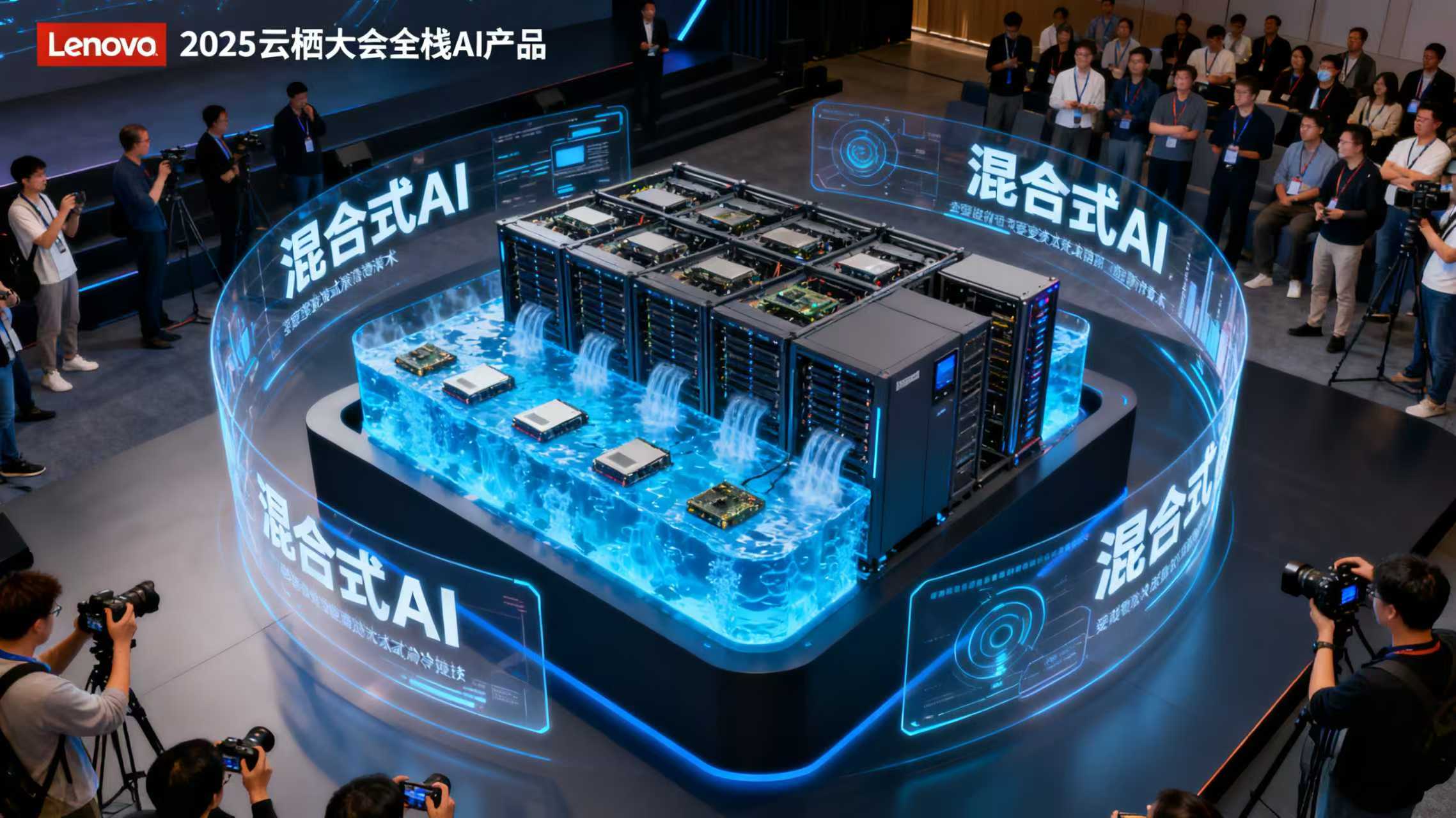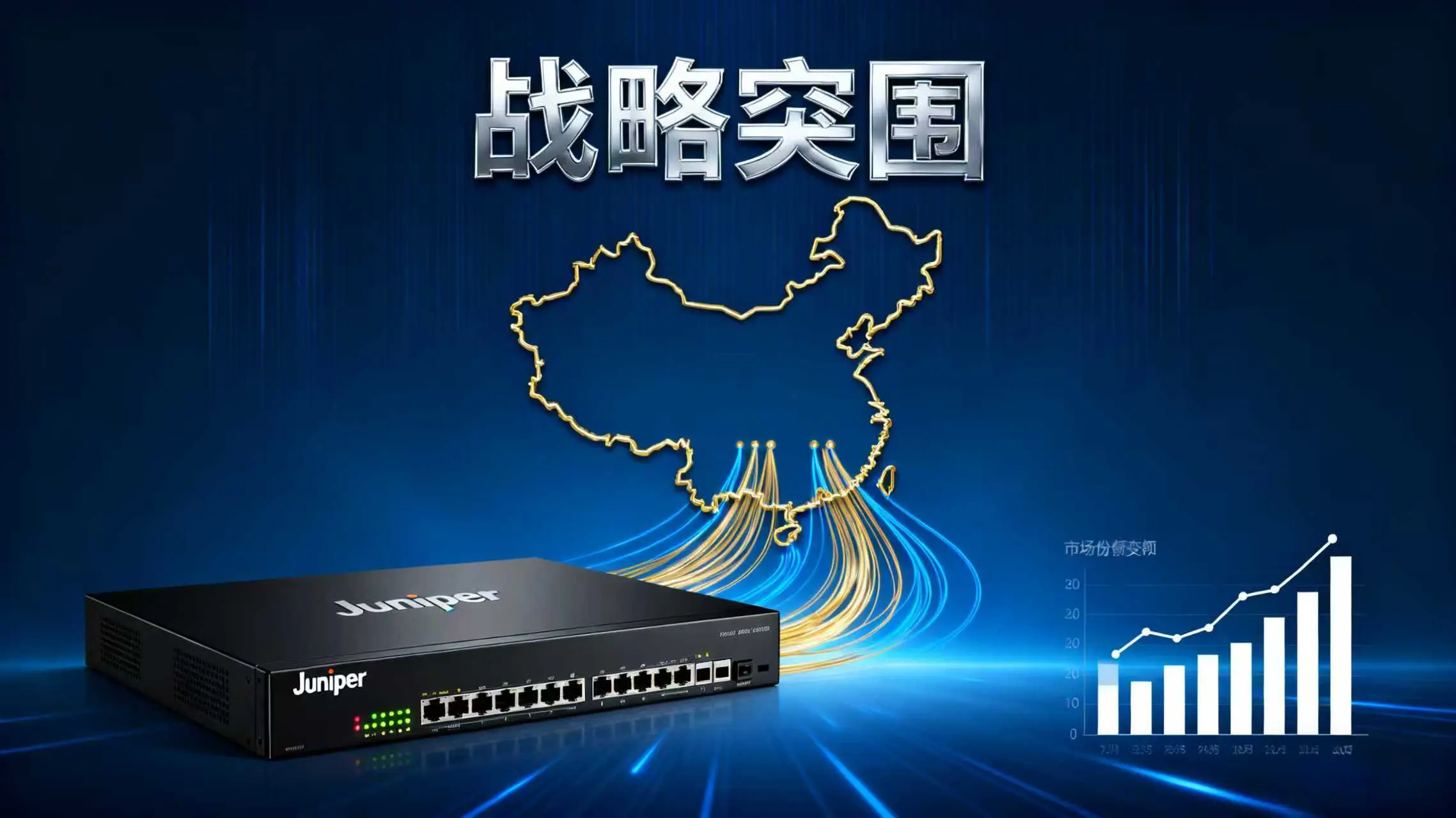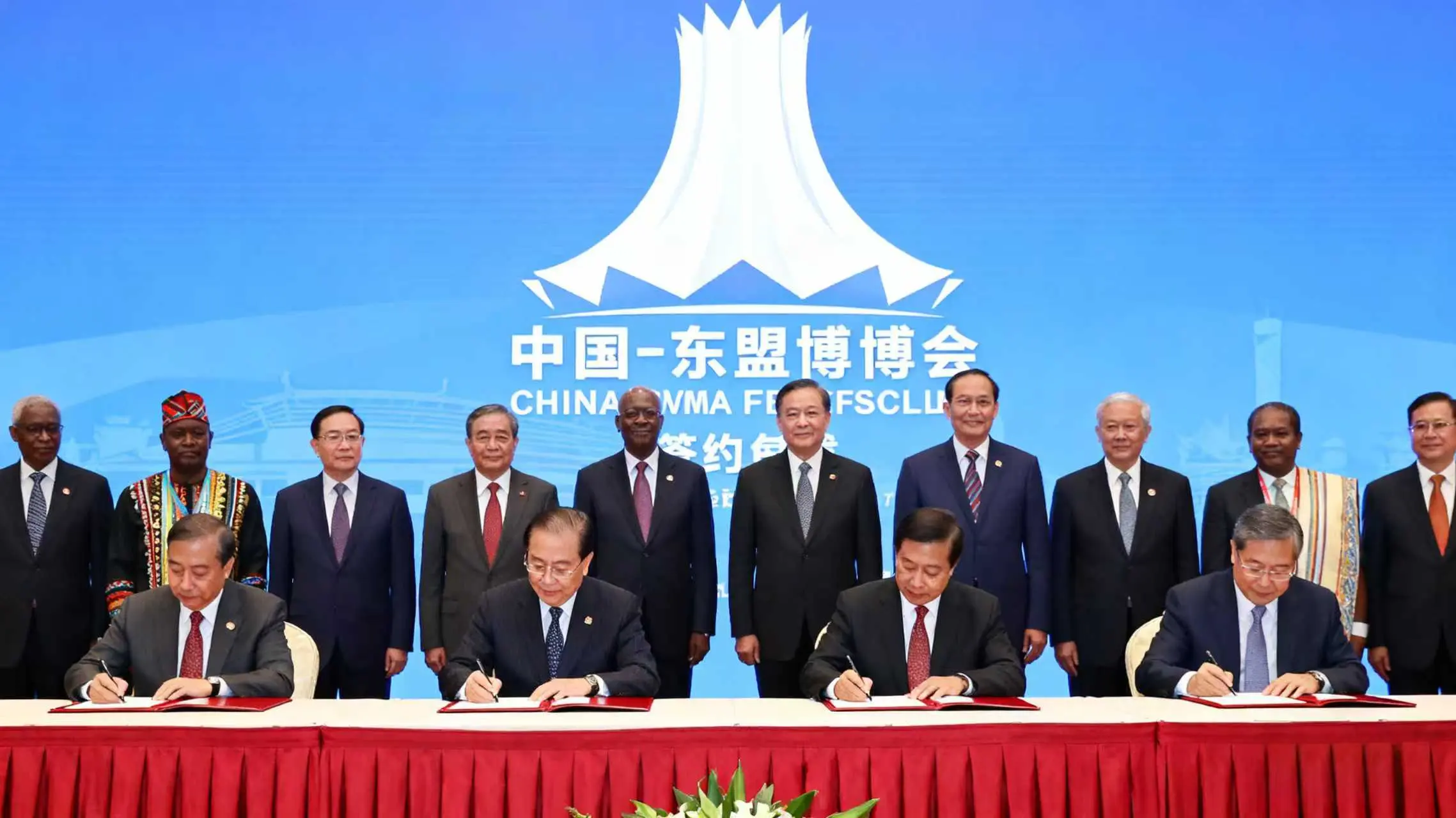0102030405
Aishida Plans to Invest 150 Million Yuan in a Factory in Vietnam to Cope with Changes in the Trade Landscape
2025-06-09
On the evening of June 3rd, Aishida announced in a significant statement that it plans to establish a subsidiary in Vietnam through its wholly-owned subsidiary, Aishida (Hong Kong) Co., Ltd., and invest in projects for cookware, small household appliances, and industrial robots, with a budget of no more than 150 million yuan. This decision not only brings new opportunities for Aishida's own development but also reflects the profound impact of current changes in the international trade landscape on Chinese enterprises.
The overseas investment project encompasses a wide range of aspects. As detailed in Aishida's announcement, the project includes the establishment of an overseas subsidiary, factory leasing, construction of production lines, and supporting facilities. However, the specific investment amount will be flexibly determined according to the actual investment, which demonstrates the company's prudence and practicality in investment decision-making.
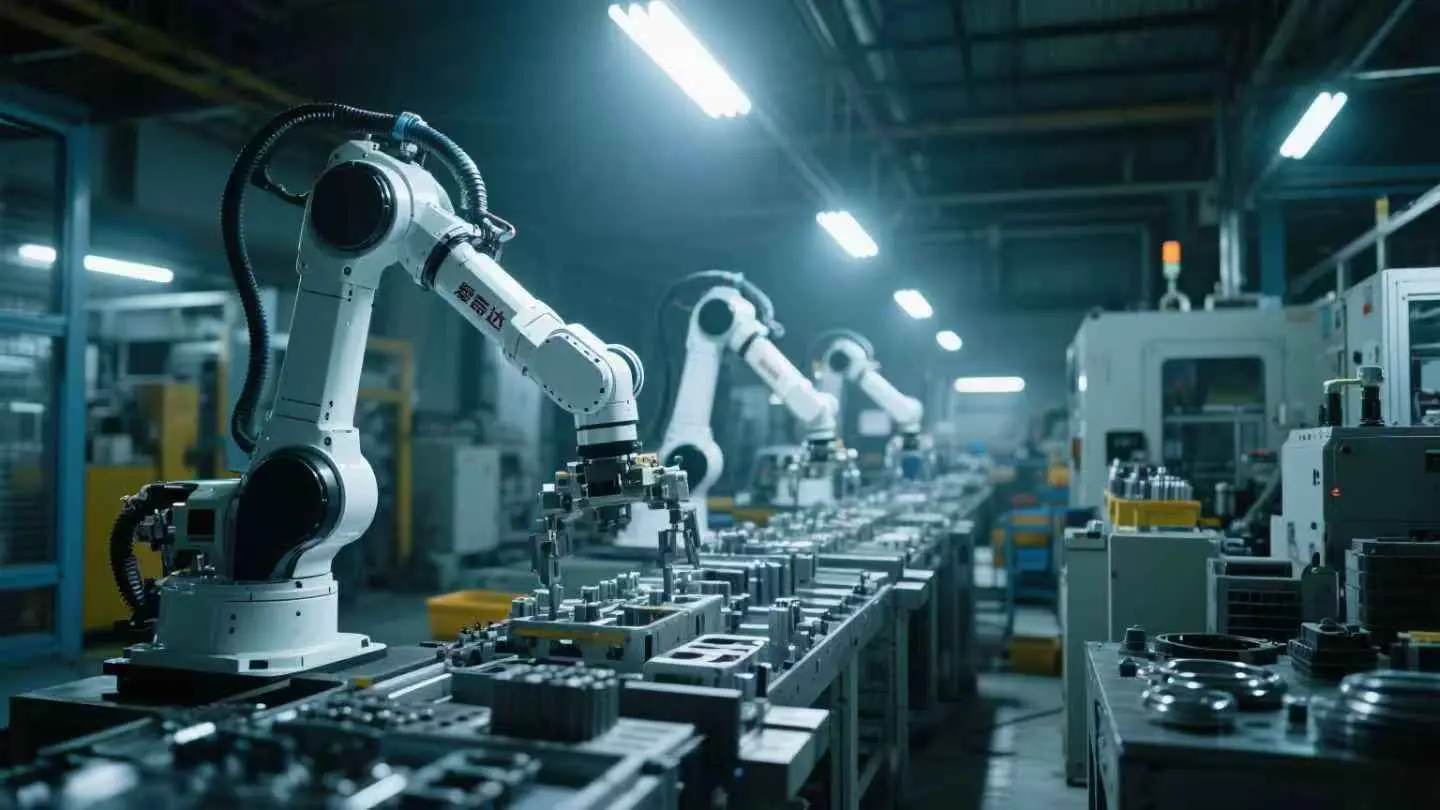
When it comes to the purposes of this investment, Aishida has far-reaching considerations. As an emerging economy in Southeast Asia, Vietnam has unique advantages that have attracted widespread attention. Geographically, Vietnam borders the South China Sea to the east and has multiple natural harbors with excellent port facilities. This provides a convenient channel for product exports, enabling enterprises to efficiently deliver products to the global market. As a result, Vietnam has become a popular choice for many Chinese manufacturing enterprises to deploy production capacity.
For Aishida, investing in Vietnam offers multiple benefits. In terms of the industrial robot business, the manufacturing industries in Vietnam and other Southeast Asian countries are developing rapidly, and there is an urgent demand for industrial intelligent upgrading. By establishing a presence here, Aishida can quickly expand its industrial robot business strategically, conforming to the long-term trend of local industrial development and expecting to gain a foothold in this promising market. In the current complex and ever-changing international trade landscape, factors such as trade barriers and tariff adjustments frequently affect enterprises' overseas market expansion. By setting up factories in Vietnam, Aishida can be closer to overseas customers, respond to their needs in a timely manner, further enhance the market share and popularity of its traditional advantageous products such as cookware and small household appliances in overseas markets, and consolidate and expand its overseas market share. Moreover, Vietnam has a complete industrial supporting resource system, and it also has favorable advantages in labor costs and land costs. These will help Aishida reduce production costs, improve the market competitiveness of its products, and gain a price advantage in the fierce international market competition.
It is worth noting that Aishida's export business plays a crucial role in its revenue. Data shows that in 2024, Aishida's export business achieved revenue of 1.34 billion yuan, a year-on-year increase of 39.79%, and its proportion in total revenue rose to 45.80%. Facing the current complex and severe international trade environment, with unstable factors such as the rise of trade protectionism and geopolitical conflicts, setting up factories in Vietnam is undoubtedly an important strategic measure for Aishida to cope with potential adverse impacts, demonstrating the company's determination to actively adjust its strategy to adapt to market changes.
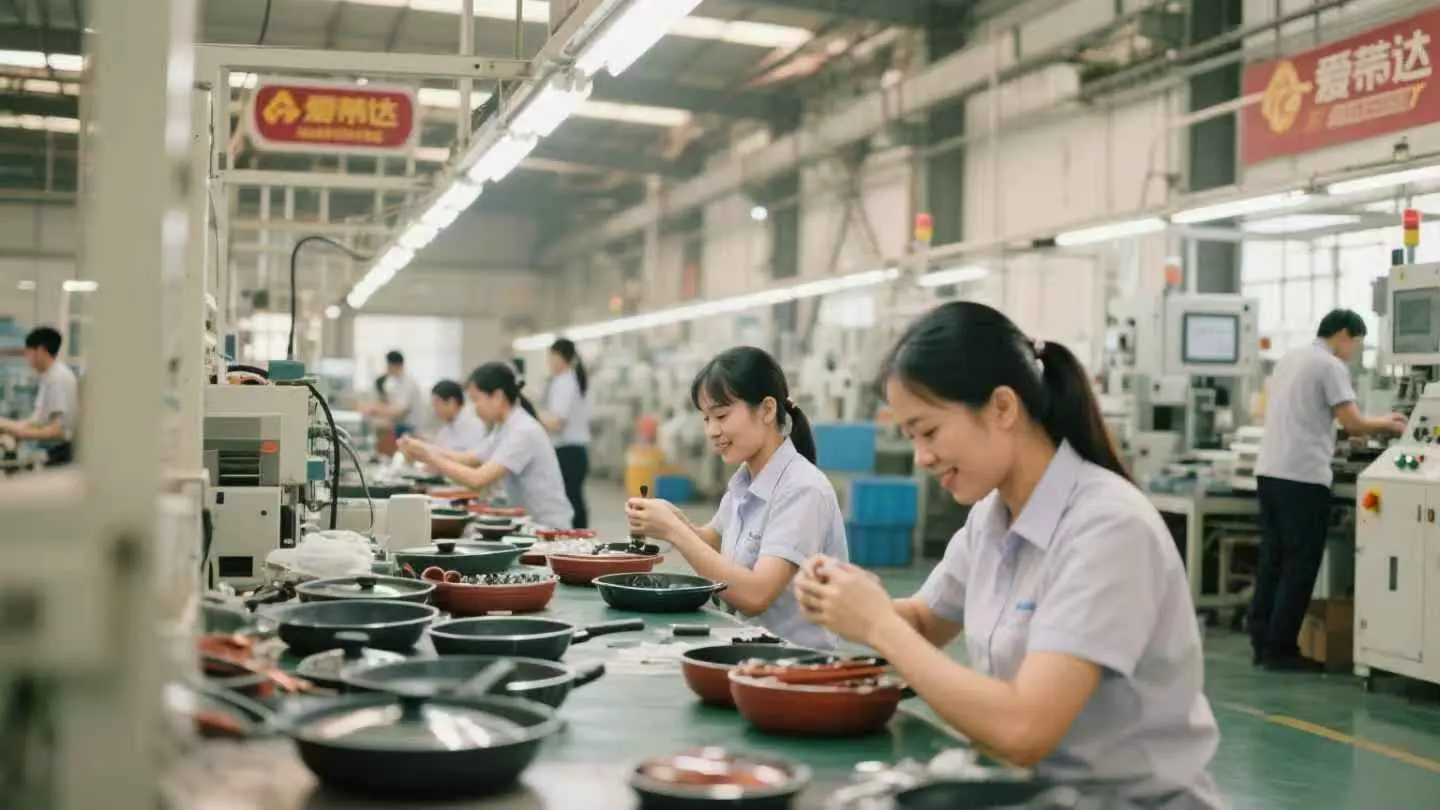
In fact, Aishida is not alone. In recent years, many household appliance enterprises have increased their overseas layouts in Southeast Asia. Take Kingclean Electric Appliance Co., Ltd. as an example. Since 2019, it has taken the lead in laying out in Southeast Asia and invested in the establishment of production bases. In 2024, Kingclean further increased its overseas manufacturing layout, purchased land in Vietnam and Thailand to build new production bases again, and accelerated the transfer of manufacturing capacity to Vietnam and Thailand. Currently, Kingclean has production bases in Thailand and Vietnam and warehousing centers in North America and Europe, forming a relatively complete overseas production and sales network. The reason why many household appliance enterprises choose Southeast Asia is that they value the region's relatively favorable trade policies, abundant labor resources, and continuously improving industrial supporting systems.
However, Aishida also clearly reminded in the announcement that this investment is an overseas investment, and the establishment of a company in Vietnam requires approval from relevant authorities such as the commercial department, development and reform department, and foreign exchange administration before implementation. There are many uncertainties involved. It is difficult to predict whether the relevant filings or approvals can be obtained smoothly and the specific time for obtaining them. In the future, whether Aishida's investment project in Vietnam can be smoothly promoted and what kind of performance growth and market expansion it will bring to Aishida are issues worthy of continuous attention.

